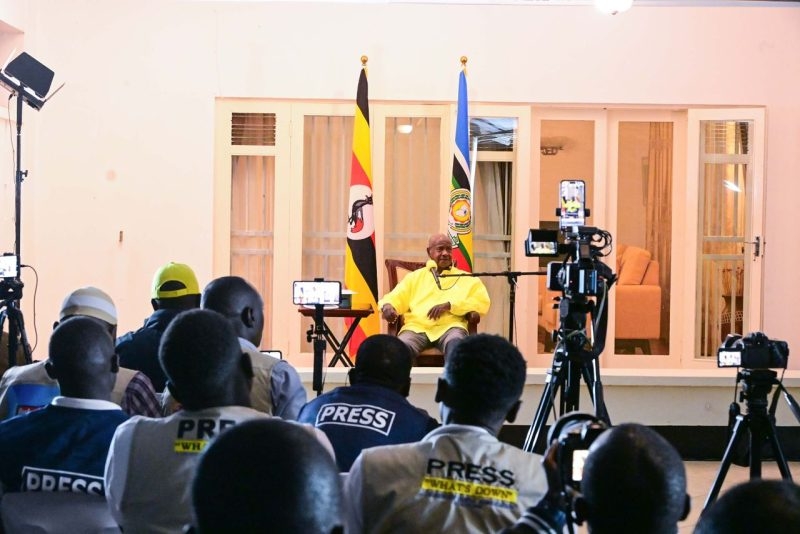
Rogue state officials who have been manipulating tender payments will from next month be locked out of a new banking payment system to be adopted by the Central Bank of Kenya.
CBK while appearing before senate announced that the new digital platform will streamline county government transactions and enhance transparency in public fund disbursements.
The move comes amid rising concerns that unscrupulous officials have been manipulating payment processes, sidelining pre-approved companies, and redirecting funds to their preferred entities.
Deputy CBK Governor Susan Koech announced that the bank will roll out its upgraded T24 online banking system in August, part of broader efforts to curb corruption, eliminate inefficiencies, and strengthen oversight over county-level financial operations.
Speaking during a session with Senators, Koech said the system will provide an end-to-end digital transaction trail, ensuring that suppliers and beneficiaries are paid directly through the online system without manual interference.
"If supplier A is to be paid, the process will move from IFMIS straight to the online platform, and that’s the supplier who gets paid. This eliminates cherry-picking and brings integrity to the process," she said.
CBK Governor Kamau Thugge added that the new system is designed to automate and tightly control payment processes, ensuring that funds approved by the Controller of Budget are paid directly to the designated suppliers.
“One of the faults of the current system is where the Controller of Budget approves funding for a particular supplier, but the accounting officer pays someone else. With the new system, that will no longer be possible,” said Thugge.
The upgraded platform, developed under the T24 core banking system, will integrate approval and payment stages, prevent the diversion of funds and eliminate manual interventions that have enabled corruption and unauthorized payments.
To further enhance visibility and oversight of public funds, CBK is also implementing a Granular Data Initiative to track transactions in real time across all county-linked accounts held in commercial banks.
This system will allow CBK to identify which accounts belong to which county governments, monitor balances, and detect irregularities such as unexplained account closures or fund transfers.
Koech confirmed that all Payment Service Providers (PSPs) have been onboarded onto the Granular Data Integration (GDI) platform and that CBK plans to have all commercial banks integrated by the end of October.
“We are uploading all Payment Service Providers and bank data into the system. Once complete, we will be able to see account movements across counties in real time,” said the CBK Governor.
CBK officials further assured that counties will still be able to maintain functional sub-accounts — such as those for bursaries and health facilities — under the Treasury Single Account model, provided that they are controlled and reported through the central platform.
“This platform will allow us to get balances from county government accounts on a specific date instantly,” she said, noting that it marks a shift from reactive to proactive monitoring of public funds.
The devolved units have been grappling with a spike in the pending bills as personal interests continue halt any progress in the repayments.
For instance, counties paid out Sh34 billion in pending bills between July 2024 and March 2025, but their total debt only decreased by Sh9.4 billion due to the continued accumulation of new bills, according to the Controller of Budget (CoB), Margaret Nyakang’o.

















